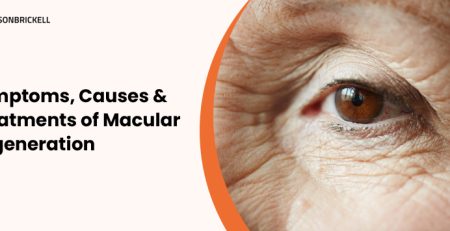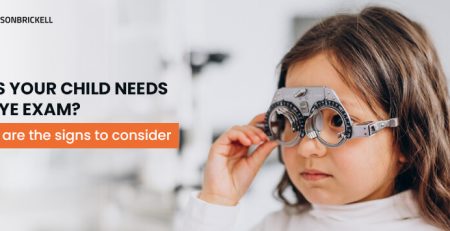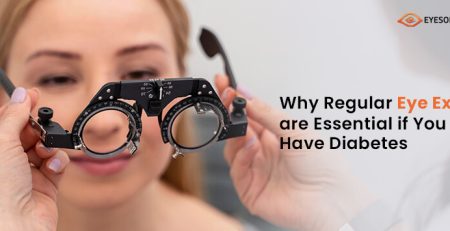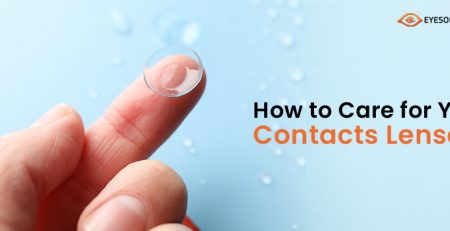Diabetes And Its Effects On Your Eyesight
Diabetes is a metabolic disease that influences how your body uses glucose, or sugar. Around 26 million Americans are diabetics, and approximately one in each three adults beyond 60 years old has the disease. One of the side effects of diabetes is that it can weaken blood vessels in the body, including the eyes. There are a few eye conditions that are associated with diabetes, so it is insightful to be familiar with them to secure your vision.
Diabetic Retinopathy: Long term diabetes can harm the retina of the eye and cause a condition called diabetic retinopathy. The least difficult approach to explain diabetic retinopathy is that small veins in your eyes start to spill blood or yellow liquid into your eye. Early side effects of diabetic retinopathy incorporate having floaters, blurry vision, or distorted vision. If blurred vision or other symptoms don’t clear up with improved blood sugar control, medicine and different techniques may restore vision.
The greatest protection to diabetic retinopathy is the management of glucose to normal levels and getting regular eye exams to catch the condition as early as possible. It might take a couple of months for the blurriness to resolve itself, so patience and sticking to eating appropriately to manage blood sugar levels are an absolute necessity. Low sugar can also cause blurred vision and even double vision which can be corrected sooner by recovering your glucose to normal from a meal or snack.
Cataracts: Another vision problem that is frequently brought about by diabetes is a cataract in one or both eyes. Cataracts are when the eye lens becomes cloudy from a protein in the lens that clumps together. Cataracts are not only a state of having diabetes, however, individuals with diabetes are at a much higher risk of developing cataracts at an early age. There are certain ways individuals can get relief from cataracts, for example, getting anti-glare shades or stronger Prescription Glasses.
However, if you need to expel them forever, surgery is also an alternative and the old lens can be replaced with a customized prescription intraocular lens. Cataracts don’t harm your eye, so surgery doesn’t need to be a prompt alternative, or at all, if you can manage the side effects adequately.
Glaucoma: Glaucoma isn’t brought about by diabetes; however, a significant level of diabetes creates glaucoma. Glaucoma harms the optic nerve, which is liable for transmitting visual images to the brain. Expanded eye pressure creates pressure on the optic nerve, and this can bring about perpetual vision loss. Stats show that diabetics are two times bound to glaucoma as non-diabetics. Without treatment, peripheral vision is normally the first to go, followed by the rest of your vision.
Early diagnosis of glaucoma is essentially critical to get the best possible treatment and prevent visual impairment.
Takeaway
In the event that you have diabetes, you are at increased hazard for a variety of eye issues. It’s imperative to have regular checkups and eye tests. This should incorporate an extensive eye test, including dilation, every year. Eyes On Brickell is a recognized eye treatment center, where we have professional Eye Doctors In Miami who are focused on finding the correct treatment for you. Schedule an appointment with our experts as soon as possible and make sure to tell your doctor about all your symptoms, as well as all the medications you take.









